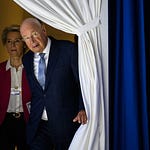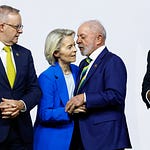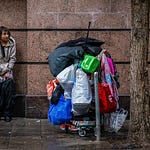Over the last two years, we have been reporting on the alarming rise of censorship by governments around the world and speaking out against it. If you’re an American, you might not think this should bother you. But in every one of these nations, the people pushing for censorship made clear that they wanted to censor the entire Internet, not just in their own countries. The picture you get is of nations working together to make censorship global not local.
Free speech advocates have won a number of important battles. In the last few months, Senators in Ireland and Australia rejected censorship legislation, while the executive branch of the European Union forced its top censor to step down after he warned Elon Musk not to speak to Donald Trump on X. We are more aware of the strategies that the Censorship Industrial Complex of politicians, government agencies, supposedly nongovernmental organizations, and the media use, around the world, to demand ever-more censorship by Internet and social media companies.
But it’s also clear that elites worldwide view expanding censorship of online platforms as a must-have, not a nice-to-have feature of global governance. After a week back home in California after returning from Australia, I flew to Brussels, Belgium, to speak to the European Parliament at the invitation of MEP Fernand Kartheiser. There, I learned that the entire European Censorship Industrial Complex remains in place, complete with its Star Chamber of “trusted flaggers,” which are the organizations and people chosen by the EU government to identify wrongthink and demand that Meta/Facebook/Instagram, TikTok, and Google censor it.
As in Brazil, those Big Tech companies are going along with it because they must, as organizations serving the interests of shareholders, not free citizens. And the EU has also made clear that it intends to enforce its draconian agenda by confiscating other assets belonging to Musk and any other social media companies and their owners who do not comply with censorship orders.
“For decades,” notes the Economist in an article this week about Elon Musk’s conflict with Europe over censorship, “the EU has had free rein to regulate businesses within its borders in ways that often went on to be adopted across the world, a phenomenon known as the ‘Brussels effect.’”













